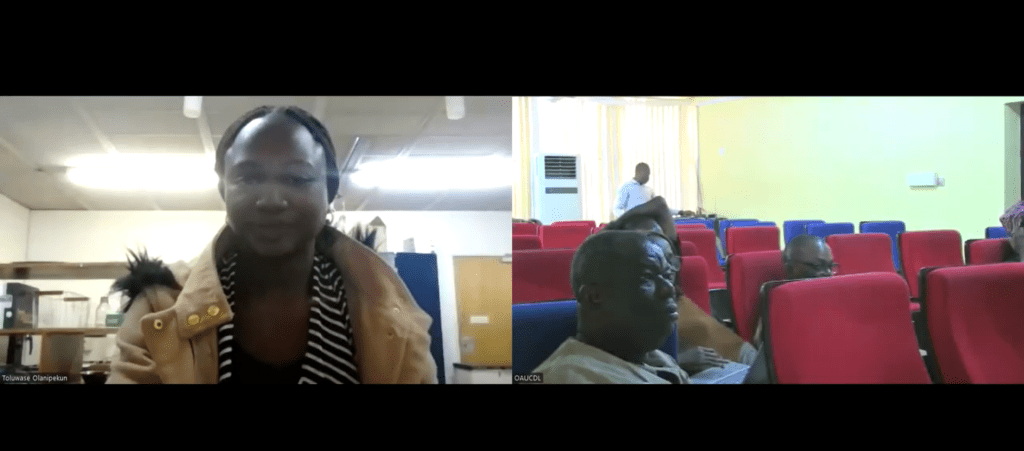In a captivating seminar led by Toluwase Olanipekun, the intricate roles of tutors and instructors in Open and Distance Learning (ODL) were brought to the forefront. As education increasingly shifts online, understanding how to effectively engage and support students in a virtual environment has never been more critical. Olanipekun delved into the unique challenges faced by online learners, emphasizing the need for structured support systems that can help students navigate their educational journeys with confidence and success.
One of the key themes of the seminar was the importance of recognizing diverse learning styles among students. Olanipekun highlighted that a well-structured syllabus is essential for guiding students through their coursework. By clearly outlining weekly topics, activities, and deadlines, instructors can empower students to manage their time effectively. This structured approach not only helps students stay organized but also reduces the likelihood of procrastination, a common pitfall in the flexible world of online education.
Motivation emerged as another critical factor in the success of online learners. The seminar underscored the necessity for students to grasp the overall course objectives and individual learning goals. When students understand the relevance of their studies to their personal and professional aspirations, they are more likely to remain engaged and committed. Olanipekun encouraged instructors to communicate these objectives clearly, fostering a sense of purpose that can drive students to excel.
Creating a sense of community in online learning environments was also a focal point of the discussion. The Community of Inquiry framework was introduced as a powerful tool for promoting cognitive, social, and teaching presence among students. Olanipekun emphasized that instructors play a pivotal role in facilitating discussions and interactions that cultivate a supportive learning atmosphere. By encouraging collaboration and peer engagement, educators can help students feel connected, even in a virtual setting.
Finally, the seminar addressed the importance of developing essential skills such as discipline, social interaction, and technical proficiency among students. Instructors were urged to design engaging and interactive class activities that not only make learning enjoyable but also foster a sense of belonging. By creating a dynamic online environment, educators can inspire students to take ownership of their learning experiences. For those eager to explore these insights and practical strategies for effective online teaching in greater detail, the full video of the seminar is a must-watch!


One Response
How can a well-structured syllabus help online students manage their time effectively?